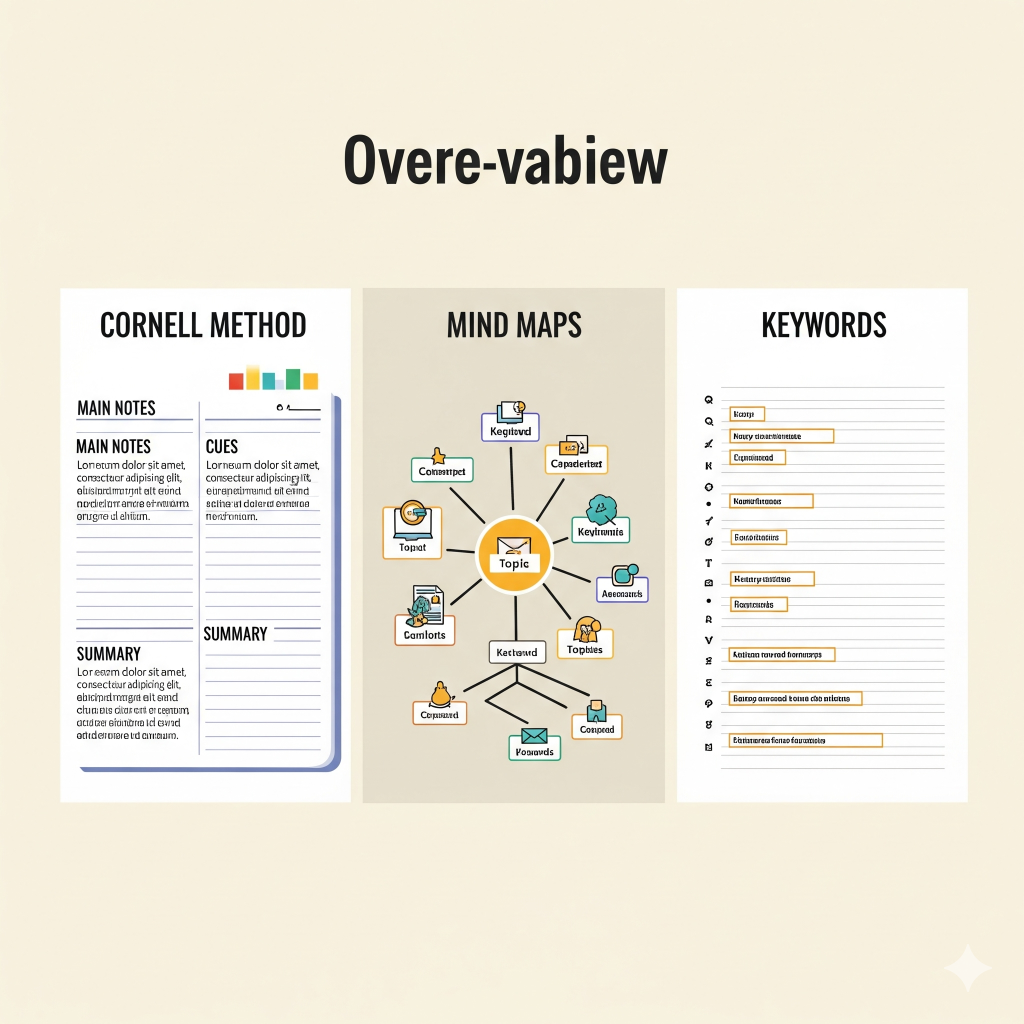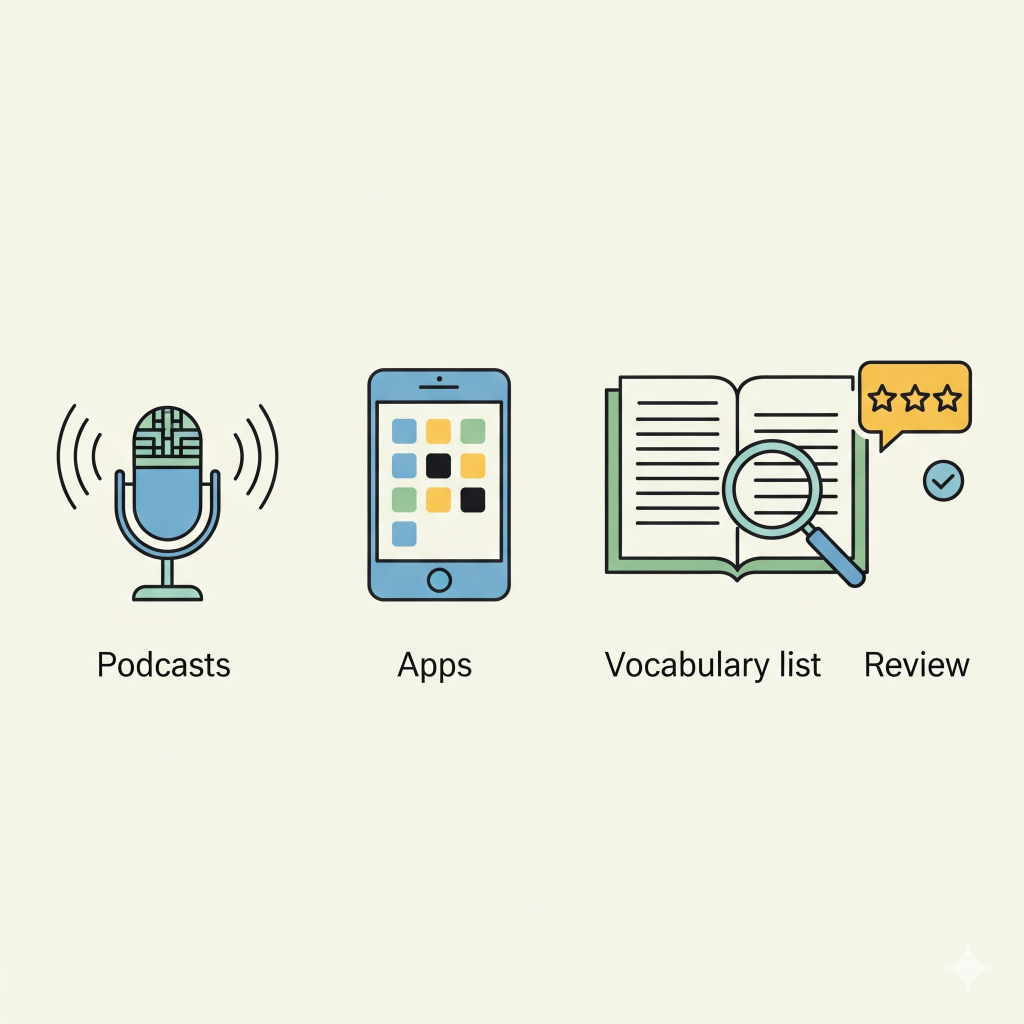Ever feel like you’re just spinning your wheels with English? Like you’ve put in the hours, but you’re getting absolutely nowhere? I bet it’s because you’ve bought into some of the same old myths we all hear. You know the ones: “just listen to English while you sleep,” or the classic lie that “adults can’t learn a new language.” These aren’t just annoying; they’re a total waste of your time and energy, and they can make you so frustrated you just want to quit.

The truth is, most of this “wisdom” has been completely debunked by the people who actually study this stuff—linguists, neuroscientists, and educators. Learning a new language isn’t about some kind of magic talent or starting when you’re five. It’s about being consistent, using smart strategies, and understanding how your own brain works.
In this article, I’m going to pull back the curtain on seven of the biggest lies about learning English. We’ll ditch the fake rules for real facts and give you practical tips that you can actually use to make progress. If you’re tired of feeling stuck, you should also check out our guide on how to escape the intermediate plateau trap or our advice on overcoming English speaking anxiety.
Myth 1: “You Can Learn English in Your Sleep”
The Lie: Just put on an English podcast or audiobook while you’re asleep, and you’ll wake up knowing new words.
The Reality: Wouldn’t that be nice? Your brain isn’t a flash drive you can just plug a lesson into. While sleep is crucial for solidifying memories, passively listening while you’re out cold won’t teach you a thing. At most, it’ll help you remember stuff you already know.

My Advice: Use your sleep to rest, not to cram. A much better approach is to actively listen to something before bed, then review it the next morning. If listening is tough for you, we’ve got some great strategies for understanding fast native speakers.
A perfect example: I knew a guy who slept with BBC podcasts on full blast for months. All he got out of it was a strange hatred for British accents.
Myth 2: “Adults Can’t Learn a New Language”
The Lie: Once you’re grown up, your brain is too old to learn a new language.
The Reality: This is total nonsense. While kids might pick up pronunciation faster, adults are often better at learning grammar and vocabulary because our brains are more developed. A Cambridge study found that adults can reach the same level of fluency as kids, as long as they practice consistently. For more on this, you can check out this article from The Guardian, which discusses how learning a language is a lifelong skill.

My Advice: Stop comparing yourself to a toddler. Use your adult strengths—like setting clear goals and figuring out the best way for you to learn. If grammar is a headache, our articles on modal verbs or relative clauses are a great place to start.
A perfect example: I have a friend who started learning English at 40 and became fluent in just three years by simply practicing with his coworkers every day. He never left the country.
Myth 3: “You Must Move Abroad to Get Fluent”
The Lie: The only way to truly learn English is to move to an English-speaking country.
The Reality: Immersion helps, but you don’t need to live in London to get fluent. What really matters is actively using the language, no matter where you live. Thanks to the internet, you can create your own immersion anywhere.
My Advice: Build “micro-immersion” right where you are. Change your phone’s language, write in a journal in English, or join online groups. You can even try a technique called shadowing to improve your speaking.
A perfect example: I know someone from Ankara who reached a C1 level without ever leaving home. She just watched Netflix in English and joined some online study groups.
Myth 4: “Some People Just Have a ‘Language Gene'”
The Lie: You’re either a “natural” at languages, or you’re not.
The Reality: Your genes might play a tiny role in things like memory, but your motivation, the time you put in, and your study methods are a hundred times more important. Consistent practice beats so-called talent every single time. Think of it like a sport: it’s about training, not destiny.
My Advice: If grammar is a struggle, our advanced grammar tips can help you get a mental workout. For more specific practice, check out our guide on phrasal verbs with get.
A perfect example: I had a student who was convinced they were “untalented.” But once they started practicing phrasal verbs daily, their progress just exploded. Talent had nothing to do with it.
Myth 5: “Grammar Must Be Perfect Before You Speak”
The Lie: You need to master every grammar rule before you can actually start talking.
The Reality: This is the most dangerous trap of all. Language learning thrives on use, not on theory. A study from the University of Michigan showed that students who started speaking early made faster long-term progress.
My Advice: Speak first, and worry about fixing your grammar later. If you want to polish your skills, work on things like simple sentences and cleft sentences after you’ve started speaking.
A perfect example: I know a learner who waited two years to speak English. When they finally tried, they couldn’t even order a coffee, despite getting perfect scores on every grammar test.
Myth 6: “Vocabulary Lists Are Enough”
The Lie: If you memorize a bunch of word lists, you’ll become fluent.
The Reality: Vocabulary without context is useless. It goes in one ear and out the other. Real fluency comes from using words in sentences and conversations.
My Advice: Learn words in groups—things like collocations and common phrases. You can also practice reusing vocabulary with a tool like our paraphraser.
A perfect example: I had a student who had memorized 2,000 words but couldn’t put a single natural-sounding sentence together. It was literally just a tragic shopping list.
Myth 7: “Mistakes Mean Failure”
The Lie: Every time you make a mistake, it proves you’re “bad” at English.
The Reality: Mistakes are just feedback. In fact, research from places like the University of Cambridge shows that learners who make and correct errors actually progress faster than people who are too scared to speak at all.

My Advice: Don’t be afraid to mess up. Try recording yourself speaking and then listening for your own errors. Practice with supportive resources like our article on polite disagreement phrases to build your confidence, even when you’re not perfect.
A perfect example: A perfectionist I knew refused to speak for fear of making a mistake. When he finally did, he realized that people cared more about his ideas than his verb tenses.
Conclusion
Language learning is full of silly myths that make it way harder than it needs to be. The good news? Science proves that with consistent effort, a few smart strategies, and a willingness to make some mistakes, you can learn English—yes, even you.
So, the next time you feel stuck, remember this: the only real myth is that learning a language is impossible. Stay curious, stay consistent, and if you want more practical tips, explore our blog for guides, strategies, and more myth-busting resources.
What about you? Which of these myths did you used to believe? Tell me about it in the comments—I’d love to know.
